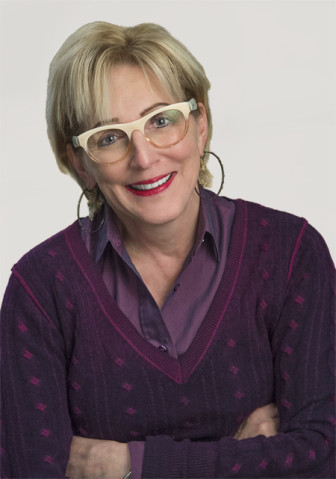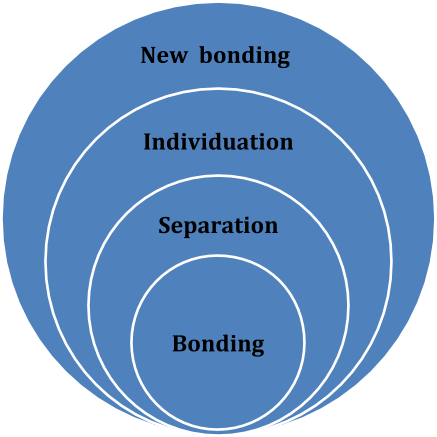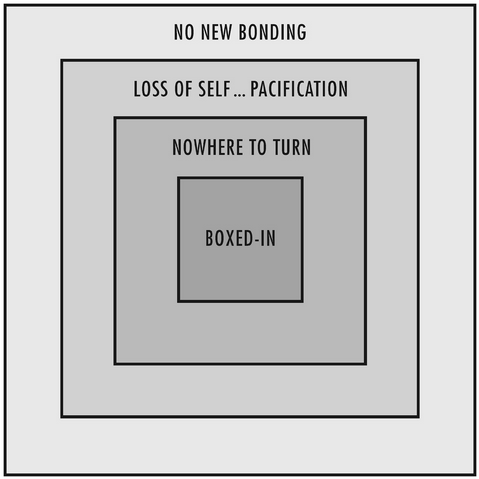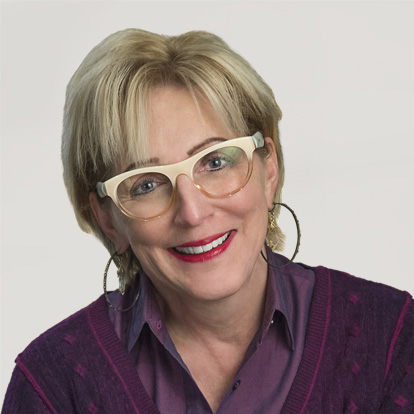 Wadell is a 17-year-old male. His father was killed two years ago in an auto accident. His mother is serving the first year of a three-year prison sentence for felony possession of methamphetamine. Wadell and his 11-year-old sister, Destinie, live with their grandmother in a one-bedroom trailer in a small community. The trailer is old, does not have running water or electricity, and the family is often without food. Wadell and Destinie walk just about everywhere because there is no public transportation and they do not have a car.
Wadell is a 17-year-old male. His father was killed two years ago in an auto accident. His mother is serving the first year of a three-year prison sentence for felony possession of methamphetamine. Wadell and his 11-year-old sister, Destinie, live with their grandmother in a one-bedroom trailer in a small community. The trailer is old, does not have running water or electricity, and the family is often without food. Wadell and Destinie walk just about everywhere because there is no public transportation and they do not have a car.
Change is a constant in life. For under-resourced youth, change is often coupled with loss — loss of a dream, a loved one, choice and/or development of a talent or skill. Hunger is a great thief. It can rob one of clear thought, health and moral reasoning. And, as has often been said, death has a price and the living pay it.
When working with youth, it is important for them to understand that loss is part of life. All our lives we give pieces of ourselves away — willingly given, bartered away, taken away or never developed. Sometimes these losses occur because of an individual person (abuse, death), sometimes a circumstance (war, natural disasters, legislative policies), sometimes we do it to ourselves (drug use) and sometimes it’s a factor of age or health (can no longer see to drive a car).
If too many of these losses occur too quickly, it is known as “compound grief,” and the inability to recover is exacerbated.
A way to explain this mental model to young people is:

All our lives we go through this process of bonding, separation, individuation and new bonding. We are born. We bond with our caregiver. We exert our independence at 2 years of age with the word “no” and work on separation. Then we integrate our understandings and various relationships into our own identity. Later we go to preschool or school and start a new bonding process. It happens for all of us during the entirety of life. However, if the separations are forced on us, are abrupt (death or homelessness), or too many occur too quickly before we have a chance to grieve, we often get stuck or shut down. Then our lives look like this:

We become boxed in. We give up hope. We may avoid the issue, become very anxious or become addicted to something. We learn not to trust and not to hope.
The first step in moving beyond losses is to understand that loss is a part of life and is not linked to personal failure. It just is. When youth understand that it is part of the reality of living, then it becomes much easier to acknowledge and address.
A new form of bonding is necessary to move beyond the current grief and loss. Often people tell me that they do not have time or money to do new bonding. But new bonding can be anything — taking a walk every day, making one new friend, reading online for 30 minutes per day or twice per week, developing a different dream or new habit.
Volunteering provides perspective and the opportunity to get outside/beyond yourself. Research has shown that volunteering has tremendous benefits in moving beyond grief and loss. There is always someone whose life is more difficult than your own. “I felt bad that I had no shoes until I met a man who had no feet.”
Develop a new future story. Make a photo board (a piece of paper with nine squares with a picture in each) by getting the pictures from the Internet and deciding what you want your future to look like. Often youth will say their future vision is never going to happen. I tell them they are 95 percent more likely to reach their future story if they write it down. I ask them how it hurts them to write their future vision. If it doesn’t happen, they are only where they are right now.
We often do not tell our youth the truth about life. We allow them to experience bitter reality without honesty. If we can provide information to youth and provide tools to deal with this information, we give them a distinct advantage as they negotiate life.
Ruby K. Payne, Ph.D., is the founder of aha! Process and an author, speaker, publisher and career educator. She is recognized internationally for “A Framework for Understanding Poverty,” her foundational book and workshop.


























